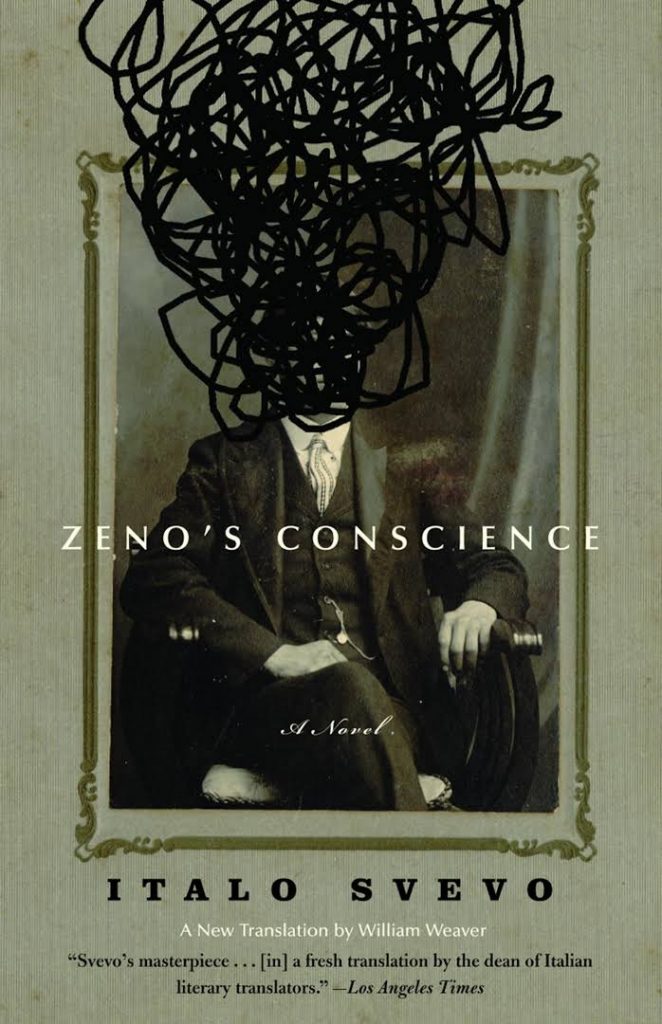
In his epimeter, James Woods describes Zeno as a Don Quixote of modernism. Everything he desires, everything he sees around him works inverted. Some imagine and some happen, some claim to do and some do. Who really is Zeno? The one who remembers himself or the one who corrects his memories? Maybe the basic illness that afflicts him so much and so attracts him as an imaginary patient is his conscience. His consciousness, which declares and hides, corrects and continues, desires and frustrates, remembers and forgets selectively, gives the material to the diary of psychoanalysis.
This Freudian diary looks like a fraud, it looks like a parody of psychoanalysis, just like Don Quixote lives a parody of a heroic life. Zeno describes a parody of urban life, where everything seems to work, but nothing works. It overturns what we know about his time, where love is fatal, people make decisions that will shock their lives. The narrative of Zeno, who tries to escape the nets of his self-analysis, is a series of failures of a boring life, without great dramas. It is the presence of that torturous attempt to live, without succeeding.
Zeno remains an observer, he does not take initiatives, but accepts the choices made by others for him. He is the one who lives in the shadow of his destiny, he is not shocked by anything, but he arranges his guilt and feelings with great precision, he seems to be comfortable in mediocrity and to reward it as an excellent choice. He avoids drama, but likes to watch in others’ lives. After all, Zeno is more like our time than his own. He is the first of a series of heroes that literary criticism ranks as anti-heroes, because he does not experience his drama, he does not let us experience his passions with him, in order to be purified.
He leaves us in a meteoric life, where nothing begins and ends, but everything continues indifferently, without the great dramas, which always take place somewhere else.
Anastasia Karavasileiou


